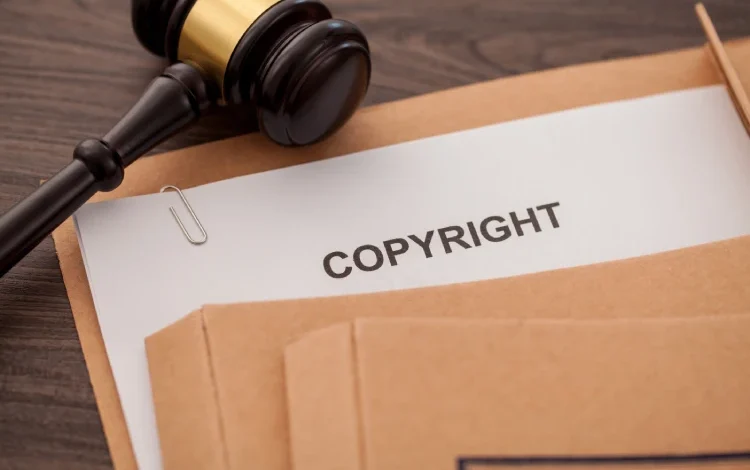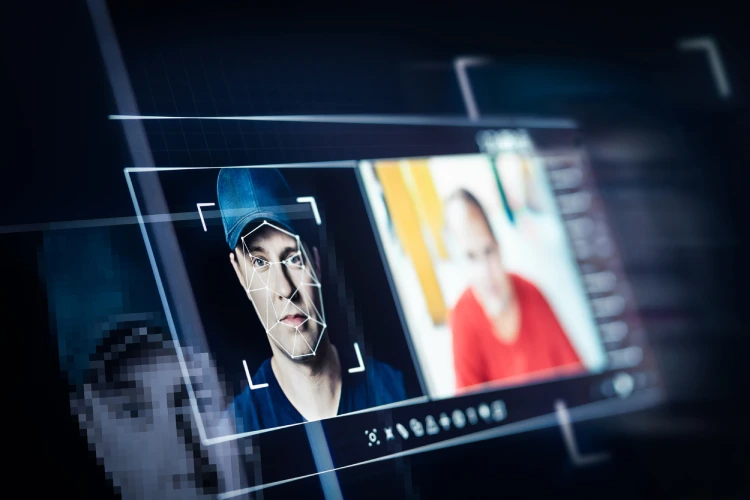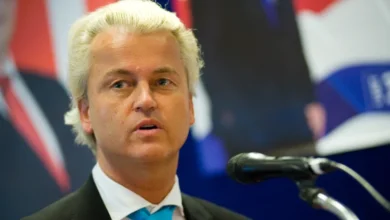
Denmark Moves to Protect Personal Identity from AI Deepfakes with Copyright Law Reform
New Legislation Aims to Give Citizens Legal Rights Over Their Facial Features, Voice, and Image
Denmark is set to update its copyright legislation to grant individuals legal control over the use of their own appearance, voice, and personal likeness in digital content. The measure is designed to combat the growing misuse of deepfake technology and protect individuals from digital impersonation. If passed, it will become the first such law in Europe and could influence how other countries approach identity rights in the age of artificial intelligence.
The Legal Framework and Political Support Behind the Bill

The proposal, led by Culture Minister Jakob Engel-Schmidt, is the government’s response to the increasing availability of realistic AI-generated audio and video. Deepfakes can convincingly mimic a person’s appearance or speech, often without their knowledge or consent. Engel-Schmidt said the bill sends a clear signal that “everyone has the right to their own body, their own voice and their own facial features,” addressing what he described as a legal blind spot.
The new law has secured broad political backing. According to the Ministry of Culture, it is supported by nine out of ten members of Parliament. The bill is expected to be presented for public consultation before Denmark’s summer recess and submitted for a parliamentary vote in the autumn.
Under the proposed changes, individuals will be able to demand that platforms remove manipulated content that imitates their identity. This includes AI-generated performances that copy someone’s voice or movements without permission. If violations occur, the affected parties could be eligible for compensation. However, the law will maintain protections for satire and parody, as long as they are clearly presented as such.
Implications for the EU and Global Digital Rights Policy
Government officials have emphasized that enforcement will also apply to online platforms. If tech companies fail to take down unauthorized deepfakes, they could face penalties. Engel-Schmidt indicated that Denmark is prepared to escalate the issue to the European Commission if compliance is not met. “If the platforms are not responding, we are willing to take additional steps,” he said.
The Danish government also plans to use its upcoming presidency of the Council of the European Union to encourage other member states to consider similar protections. Officials hope to promote the model as a foundation for an EU-wide standard on AI-generated content and digital identity rights.
Legal scholars and digital rights advocates are watching the development closely. They say Denmark’s approach addresses a modern legal challenge: how to balance freedom of expression with the right not to be digitally misrepresented. By excluding satire and parody from the law’s scope, the government aims to protect democratic discourse while limiting identity-based misinformation.
A Measured Approach to Free Speech and Misinformation
As deepfake tools become more accessible and convincing, concerns about their use in fraud, harassment, and political manipulation continue to rise. Recent examples of AI-generated videos impersonating public figures have raised alarms across Europe, with governments scrambling to update outdated legal frameworks. Denmark’s initiative represents one of the most comprehensive efforts to date.
While the law’s effectiveness will depend on how well it is enforced across digital platforms, its symbolic importance is clear. In a landscape where digital content can easily distort reality, Denmark is drawing a line between innovation and exploitation—one that may shape the future of digital rights in Europe and beyond.
[Source]




